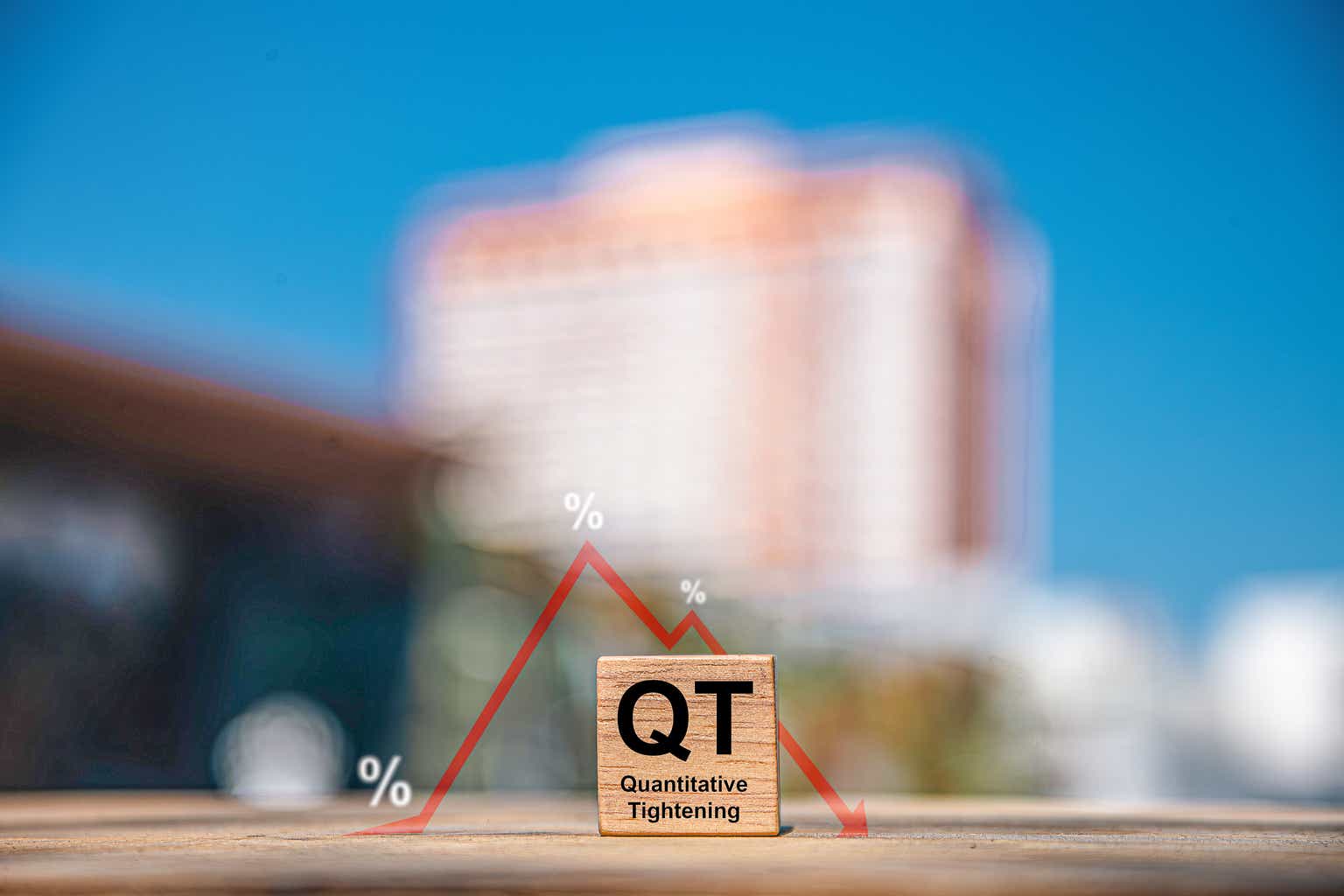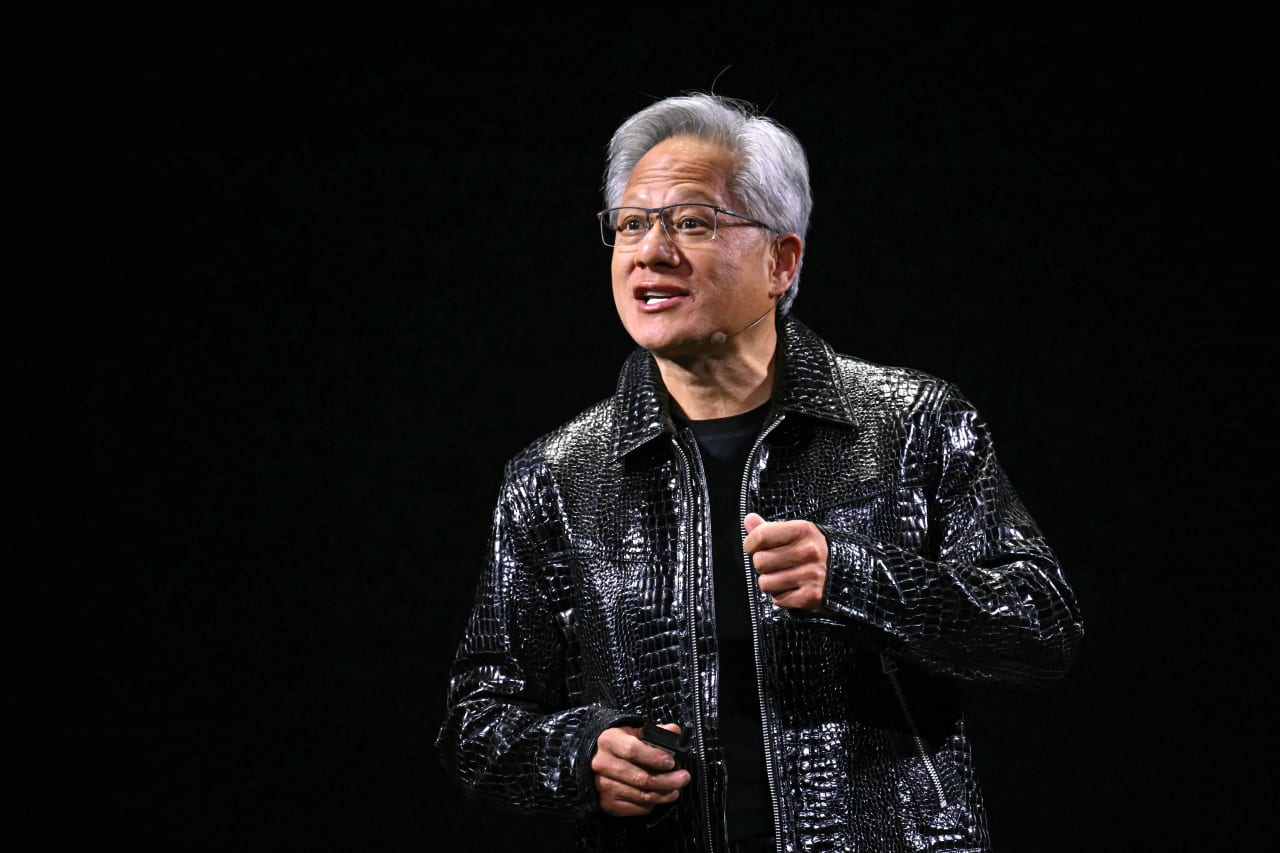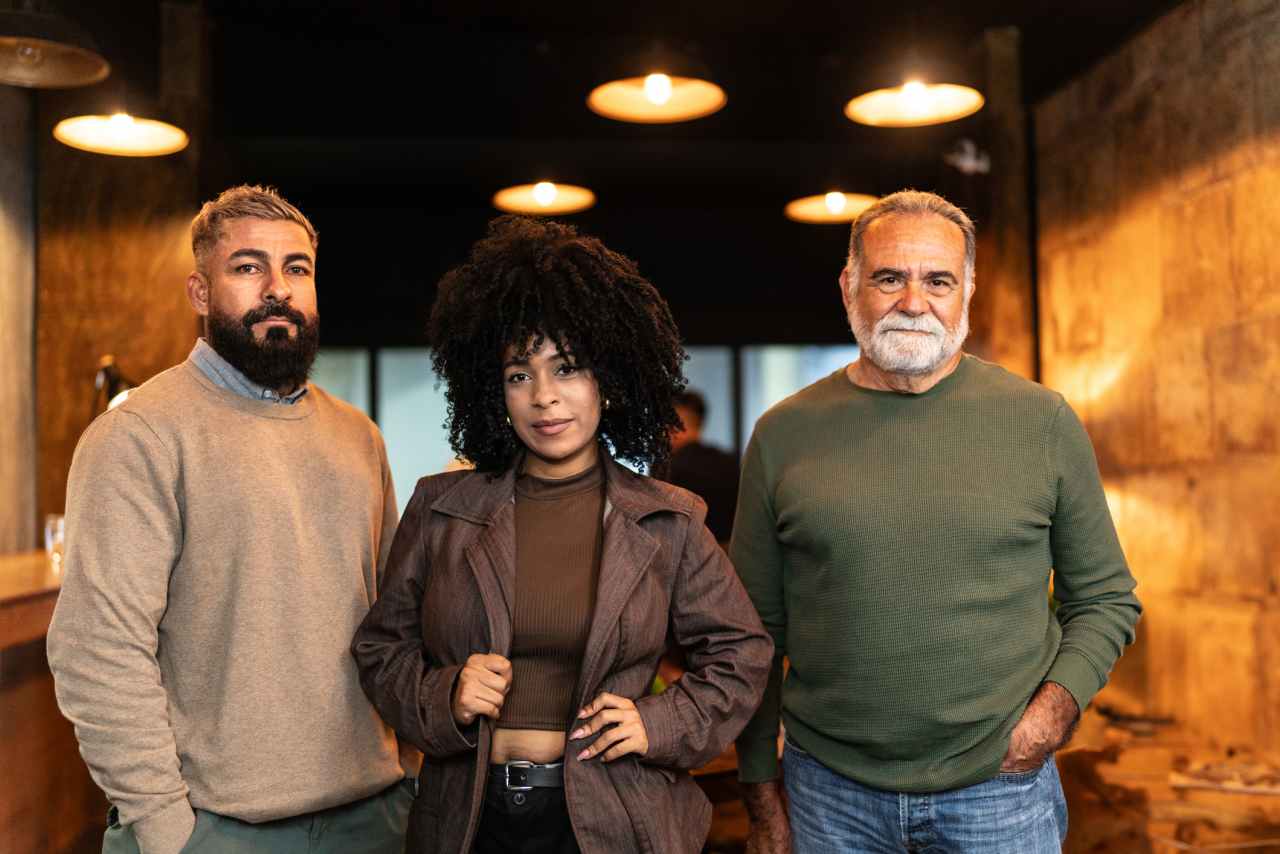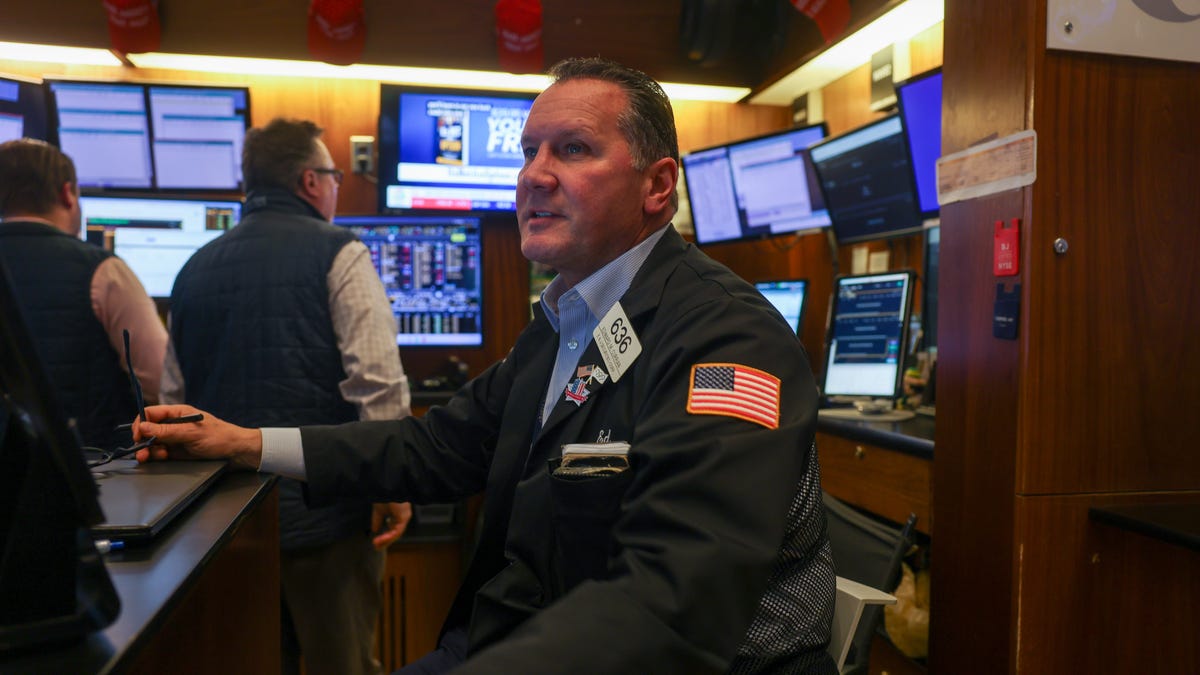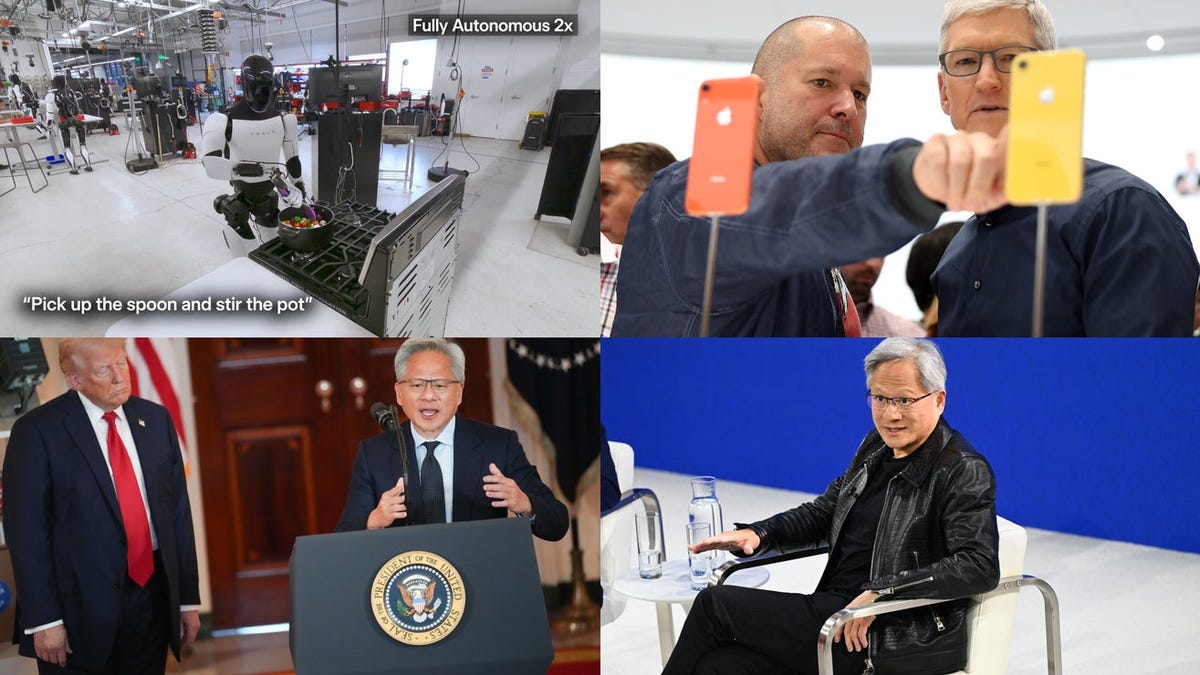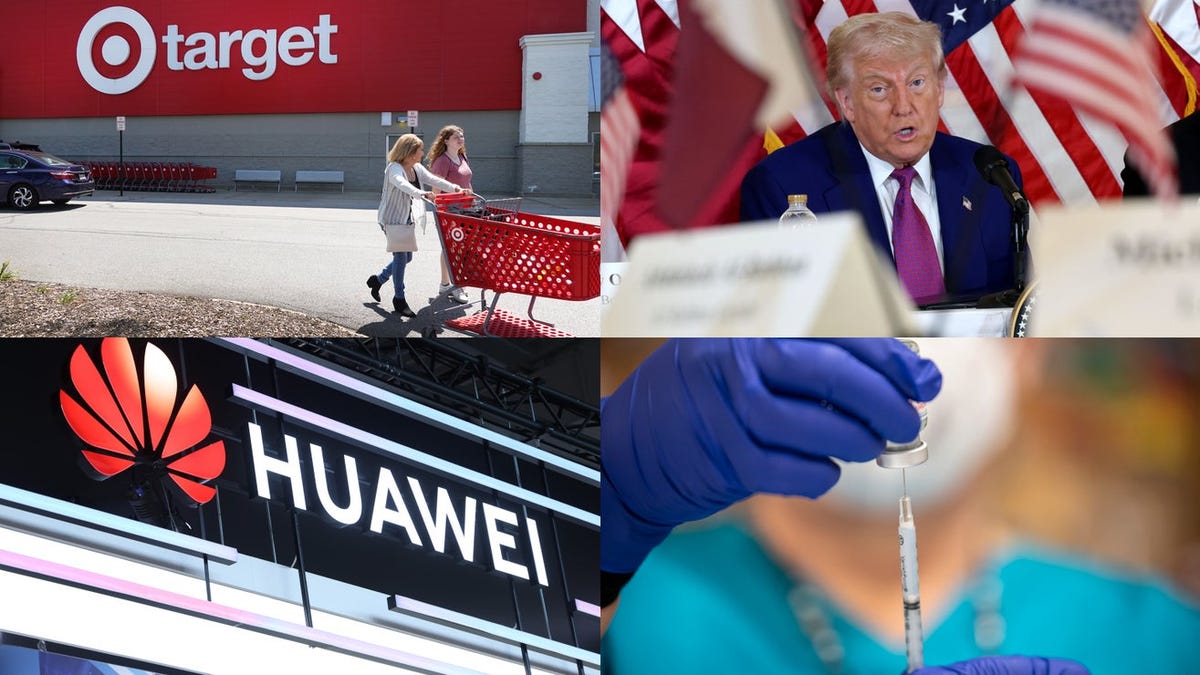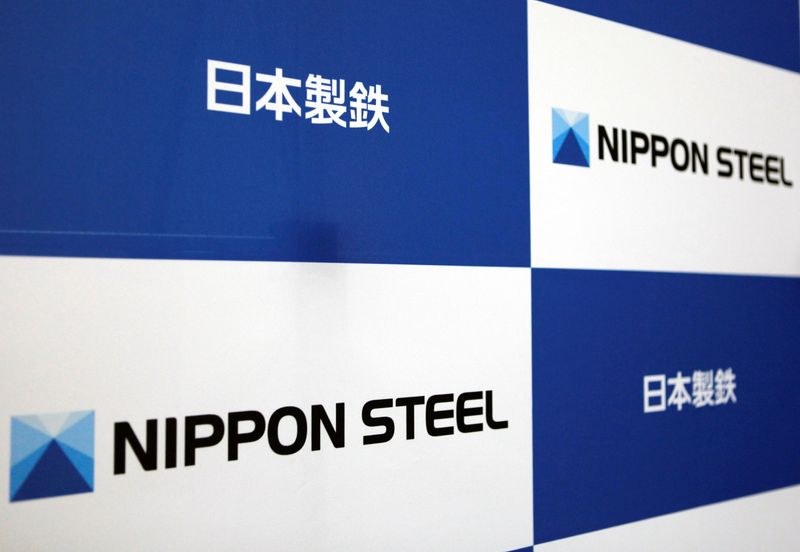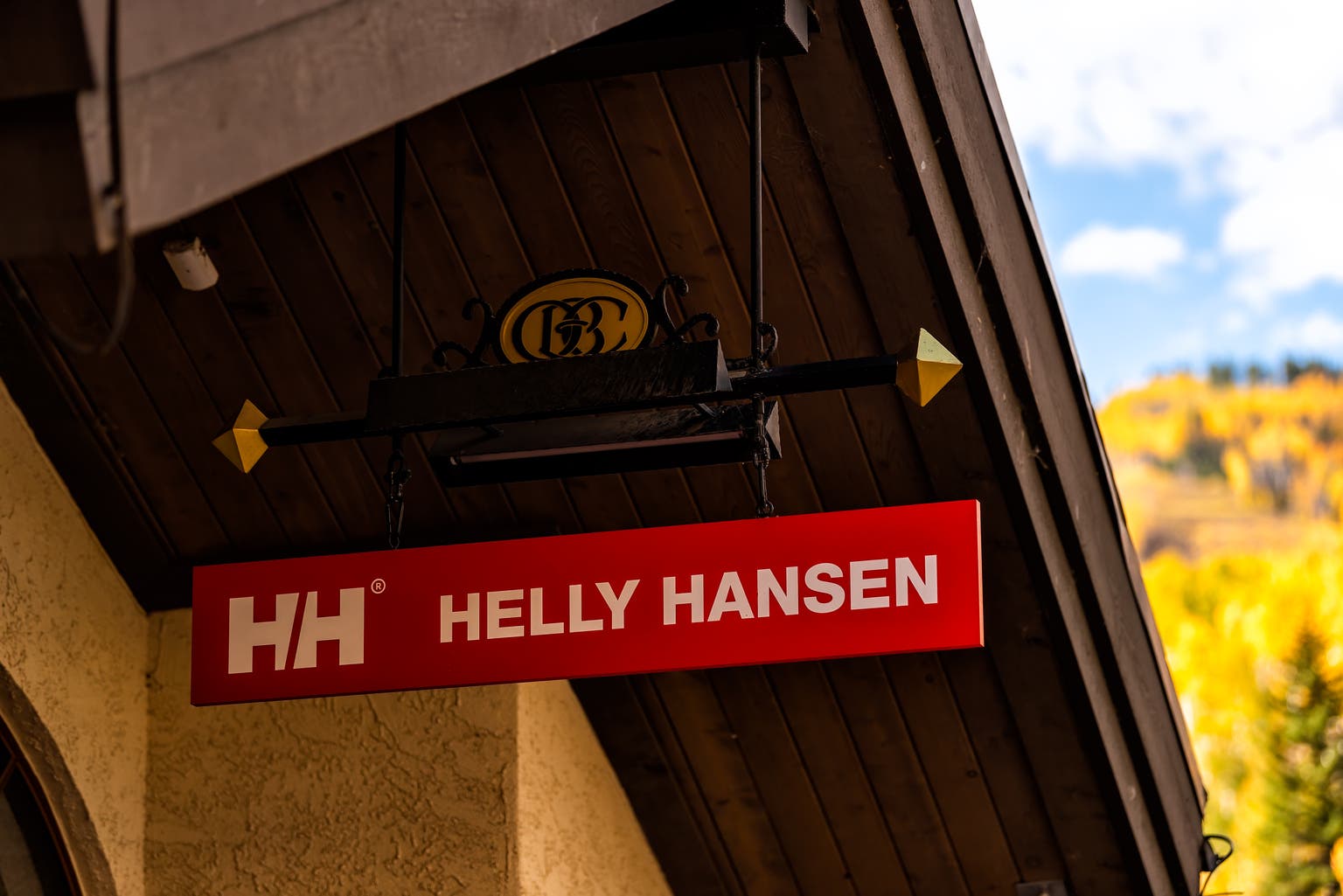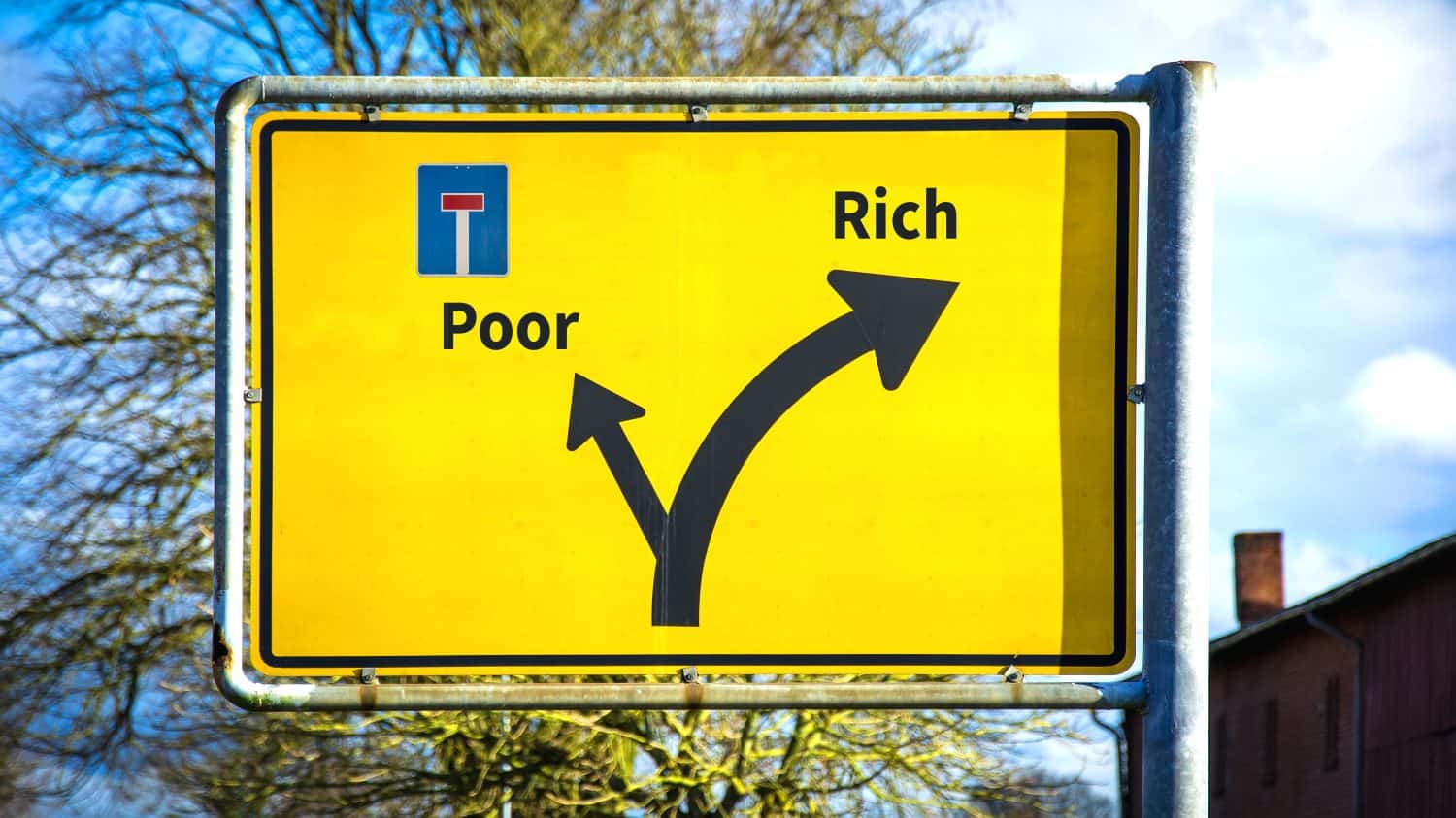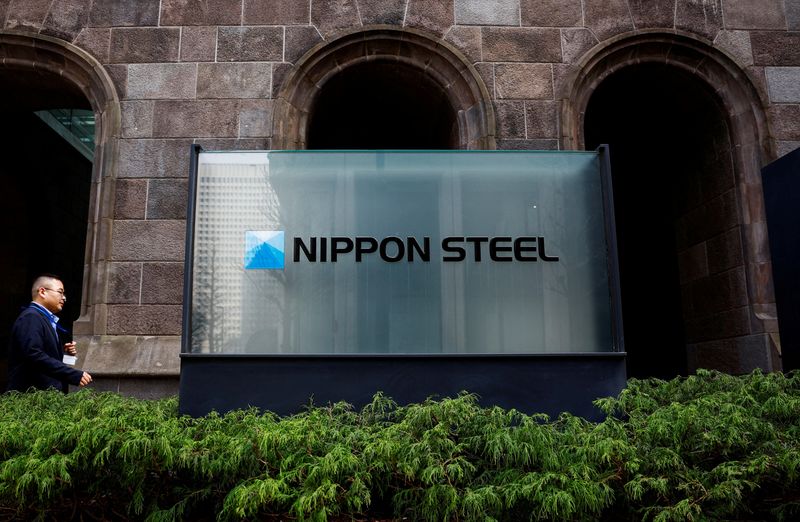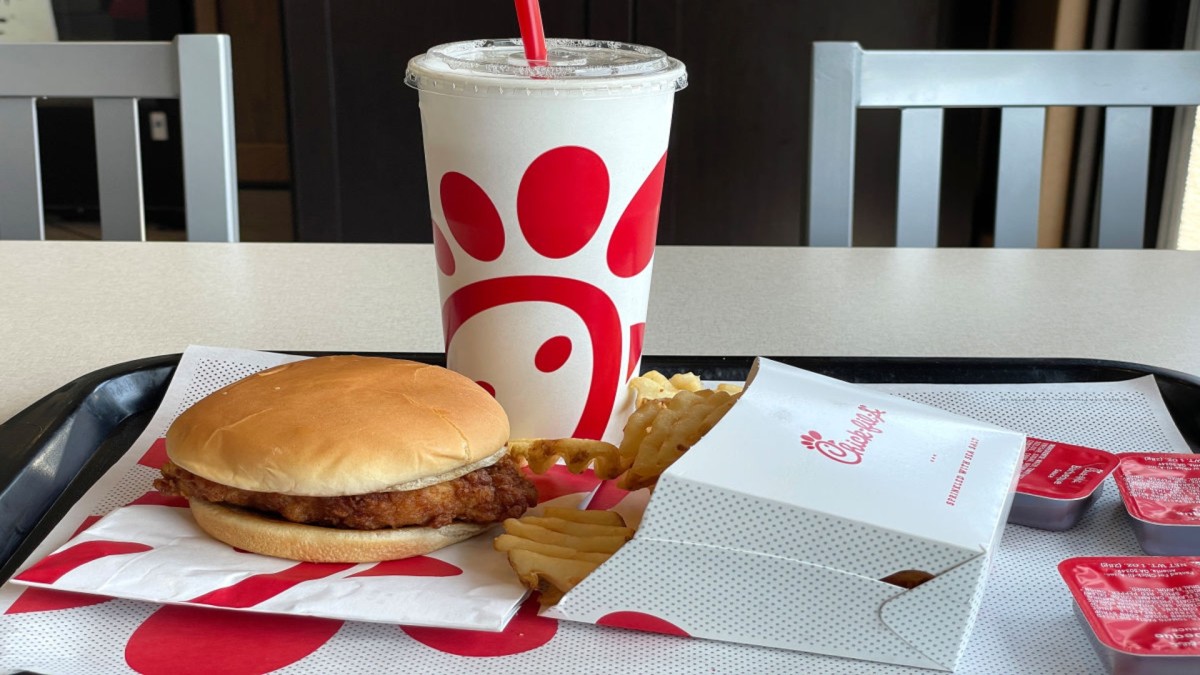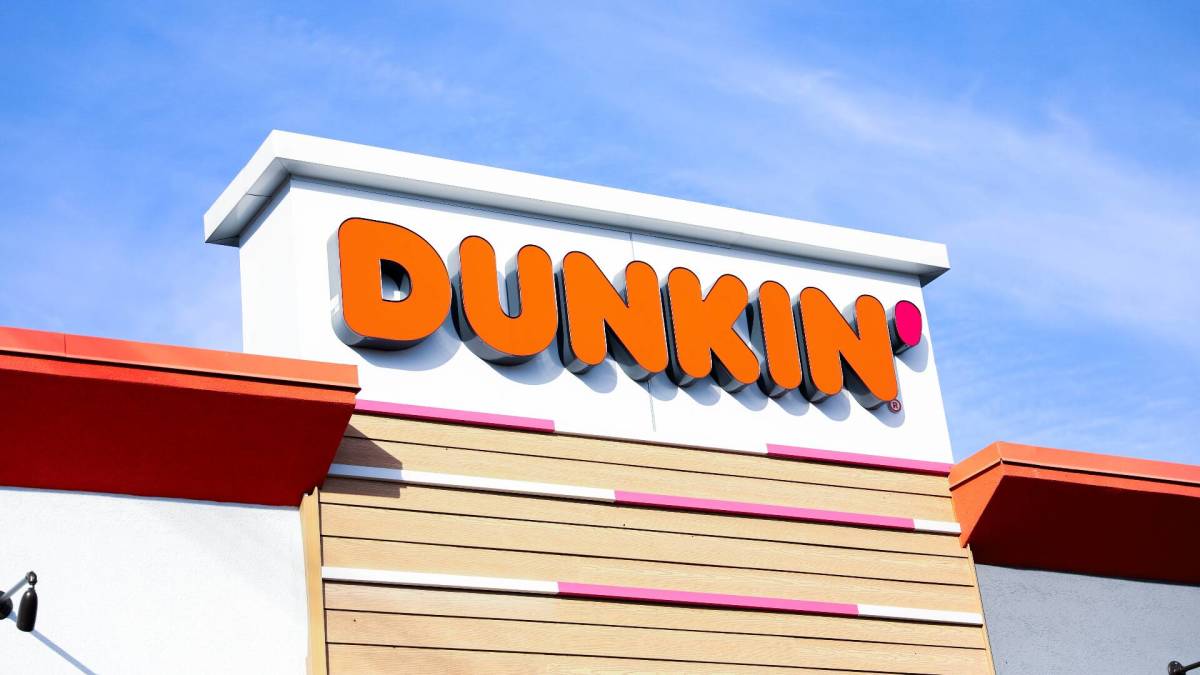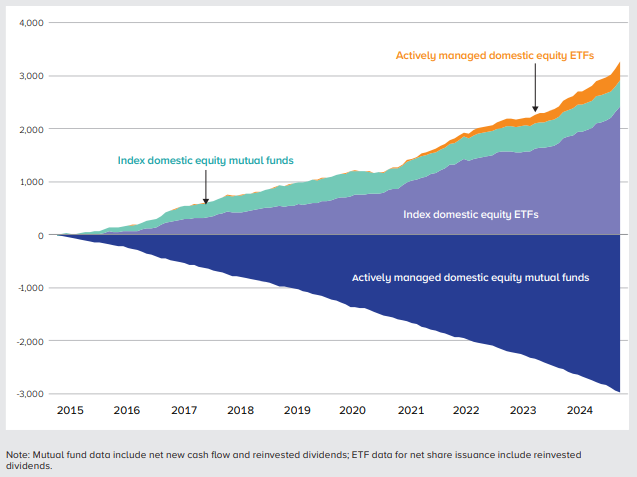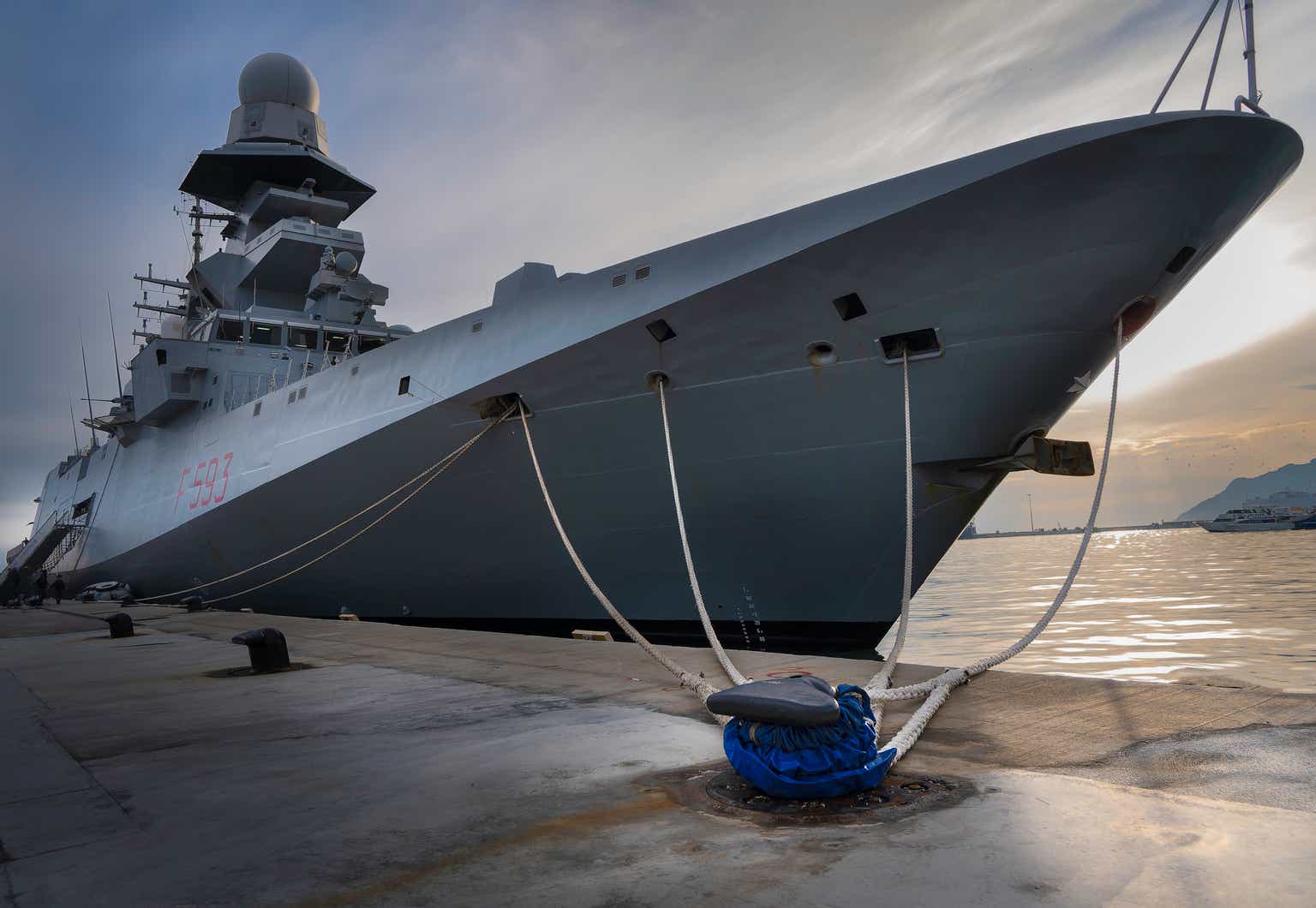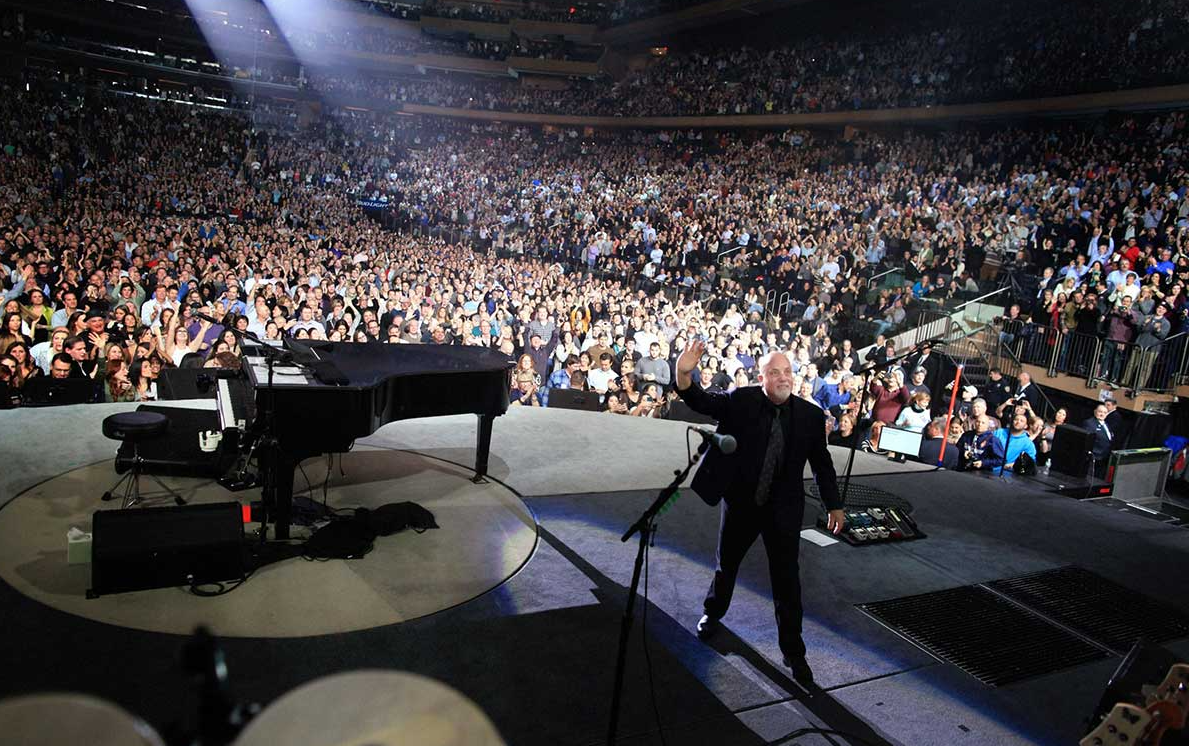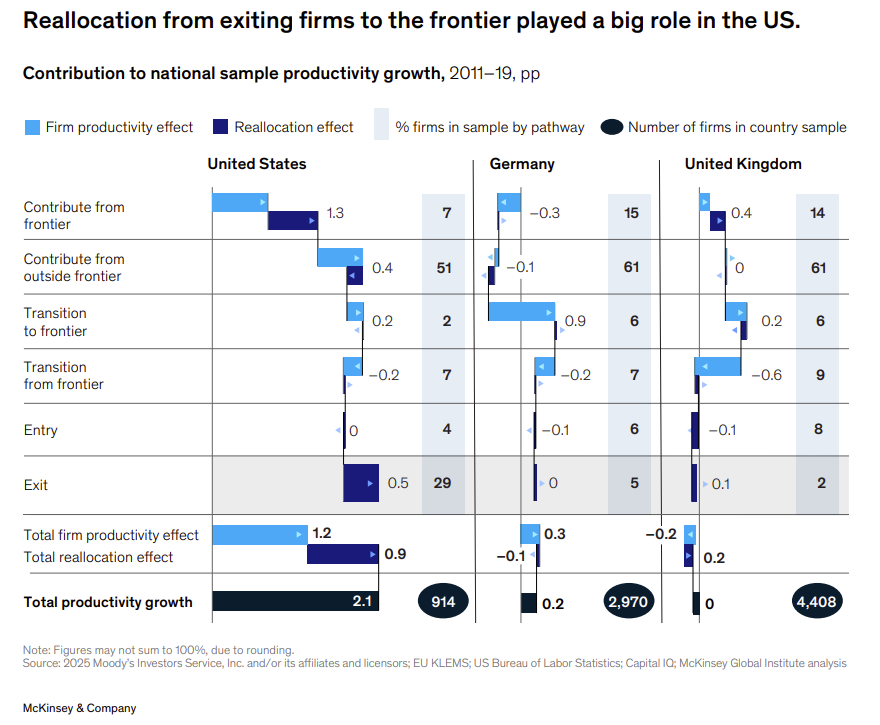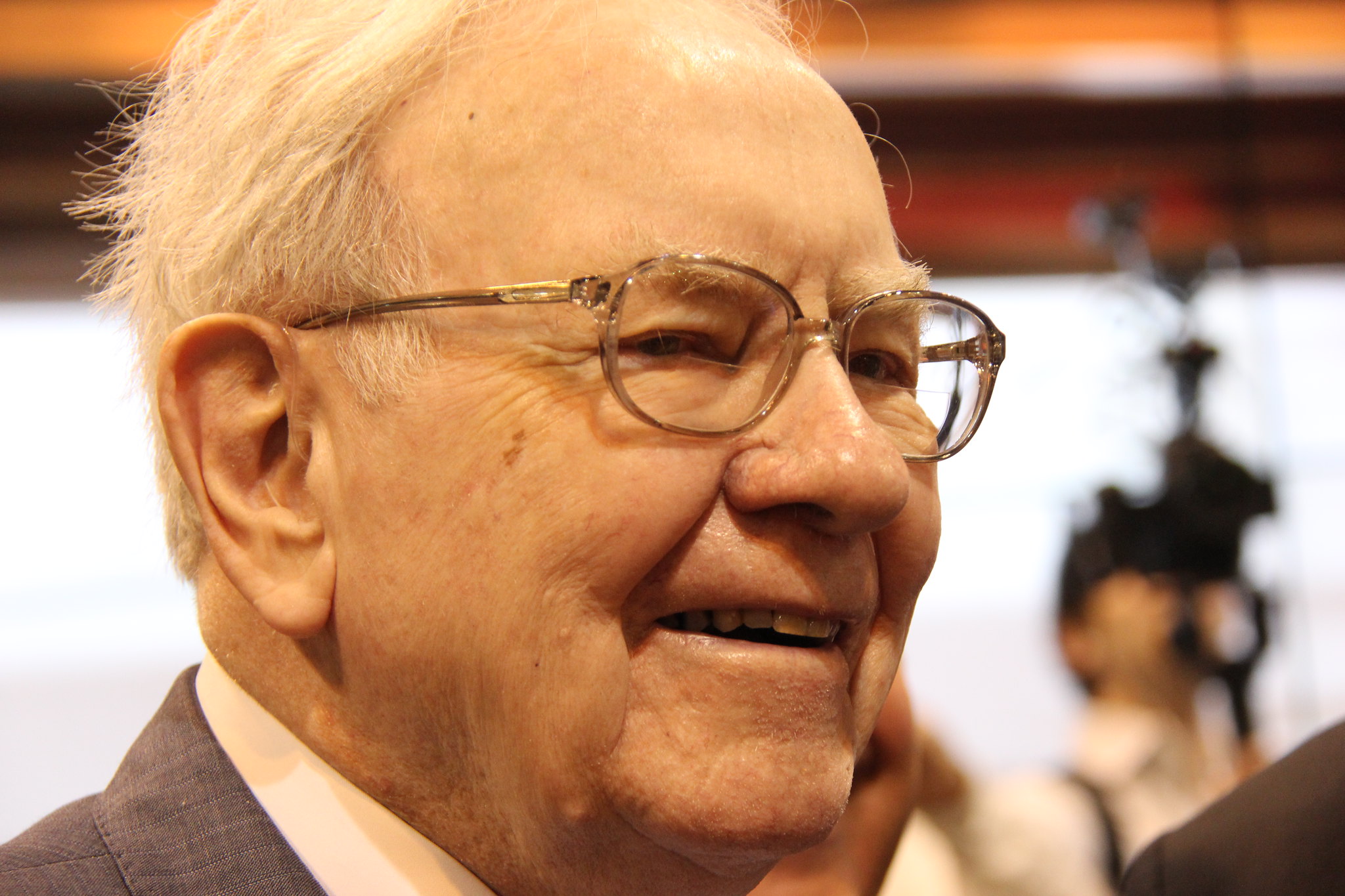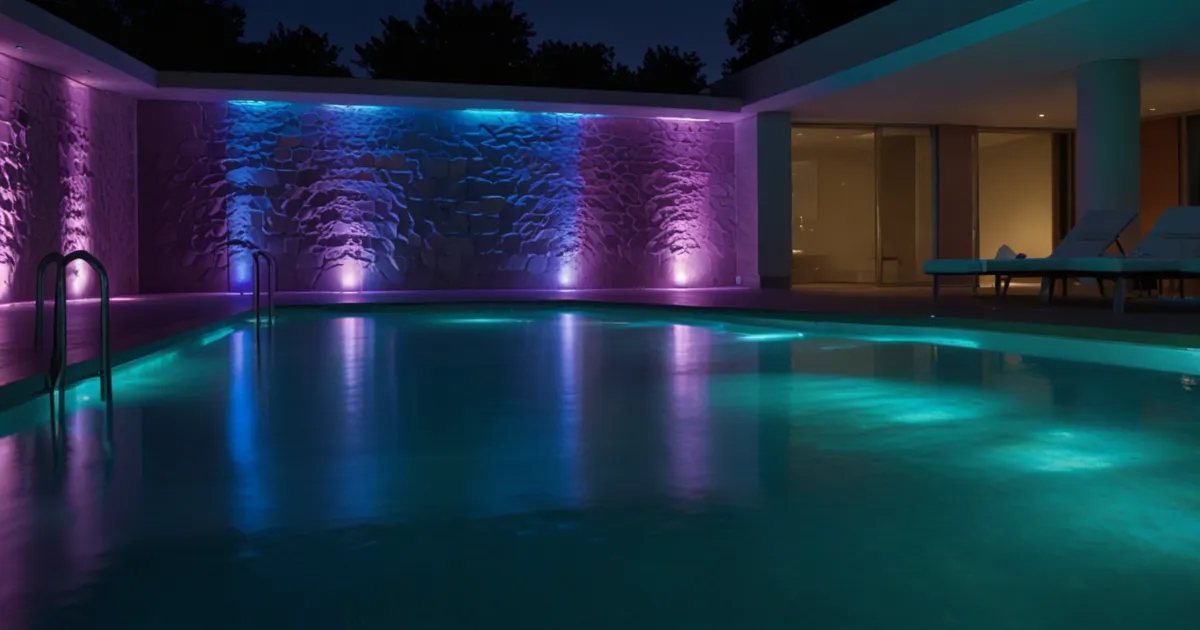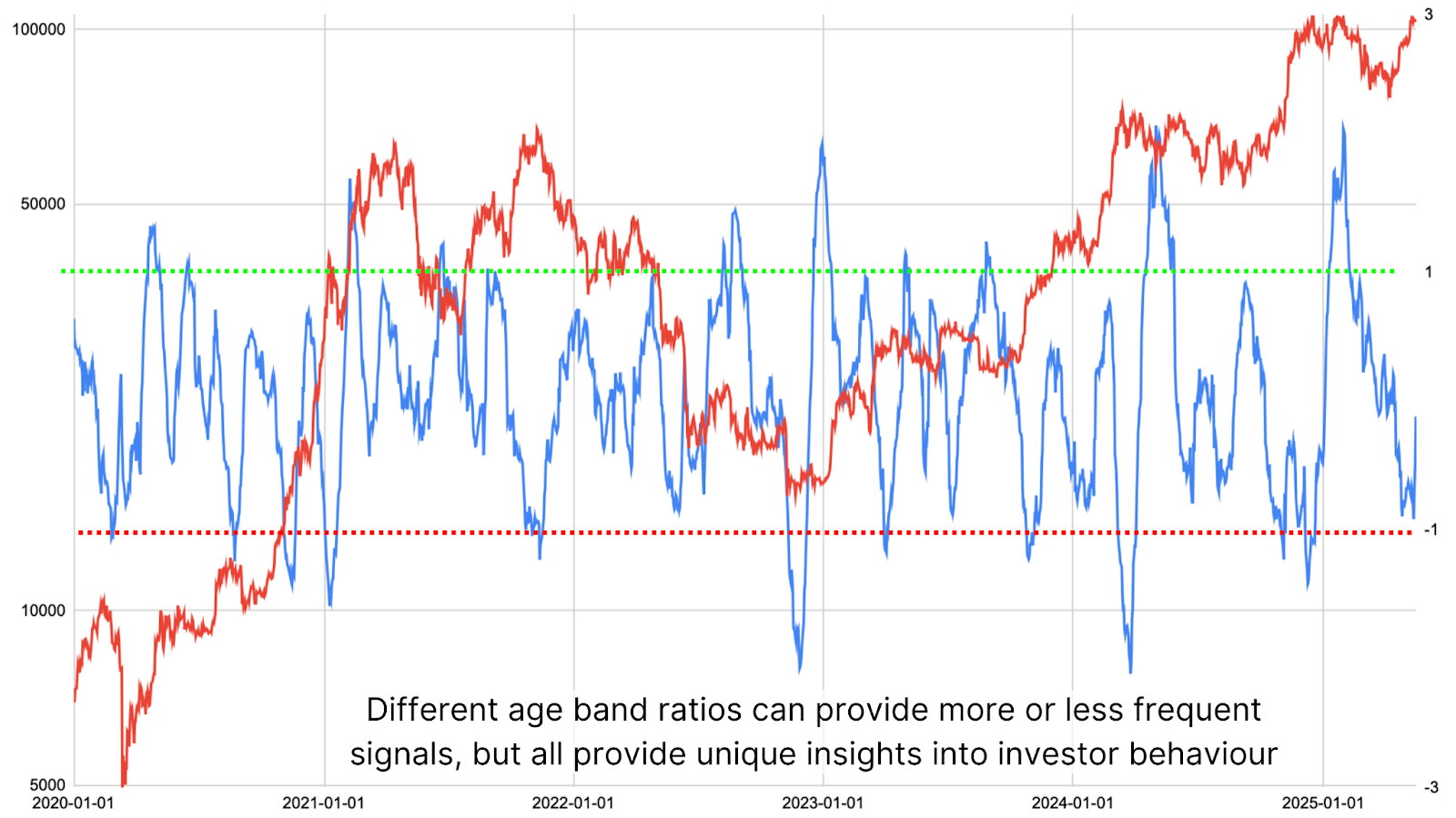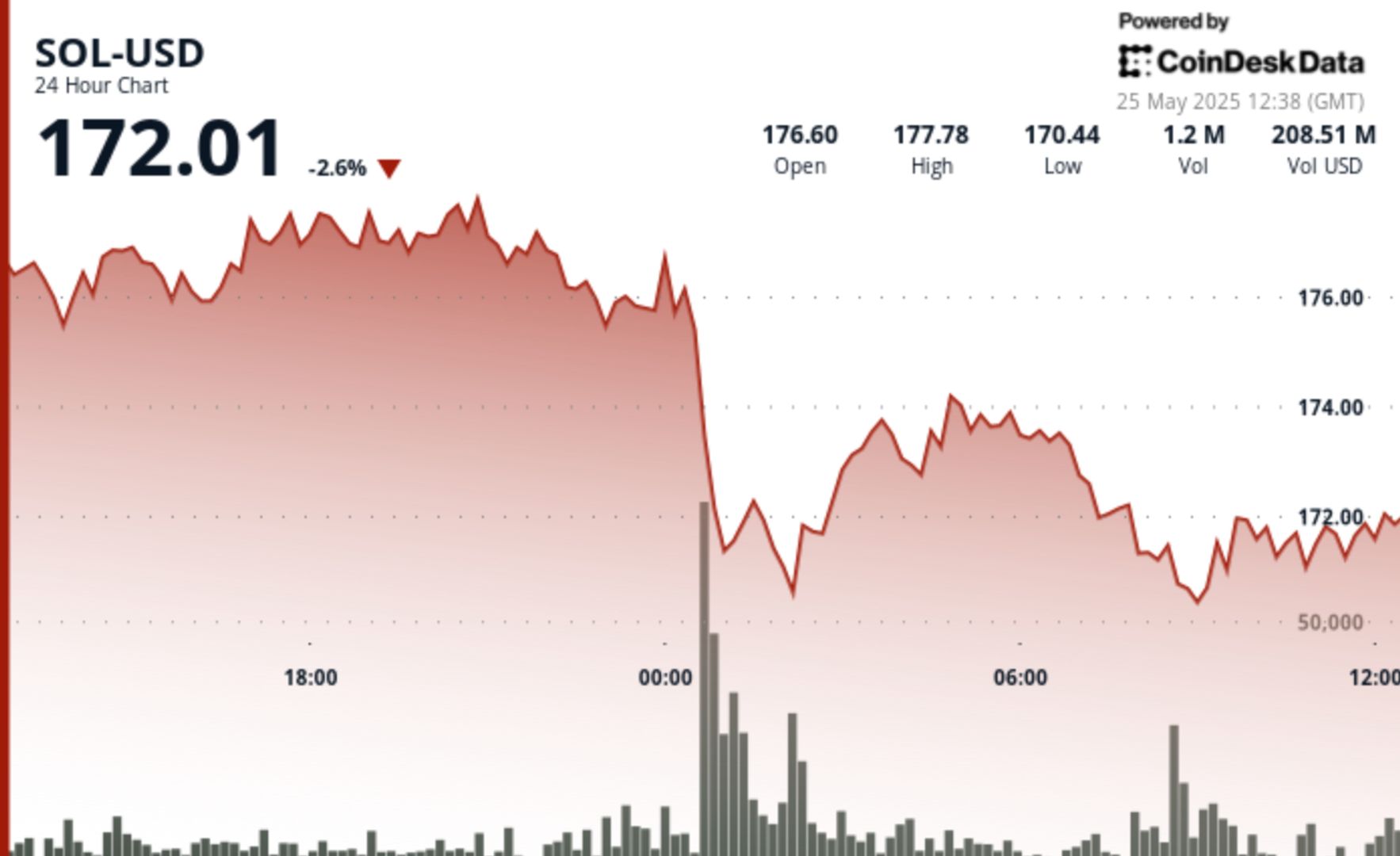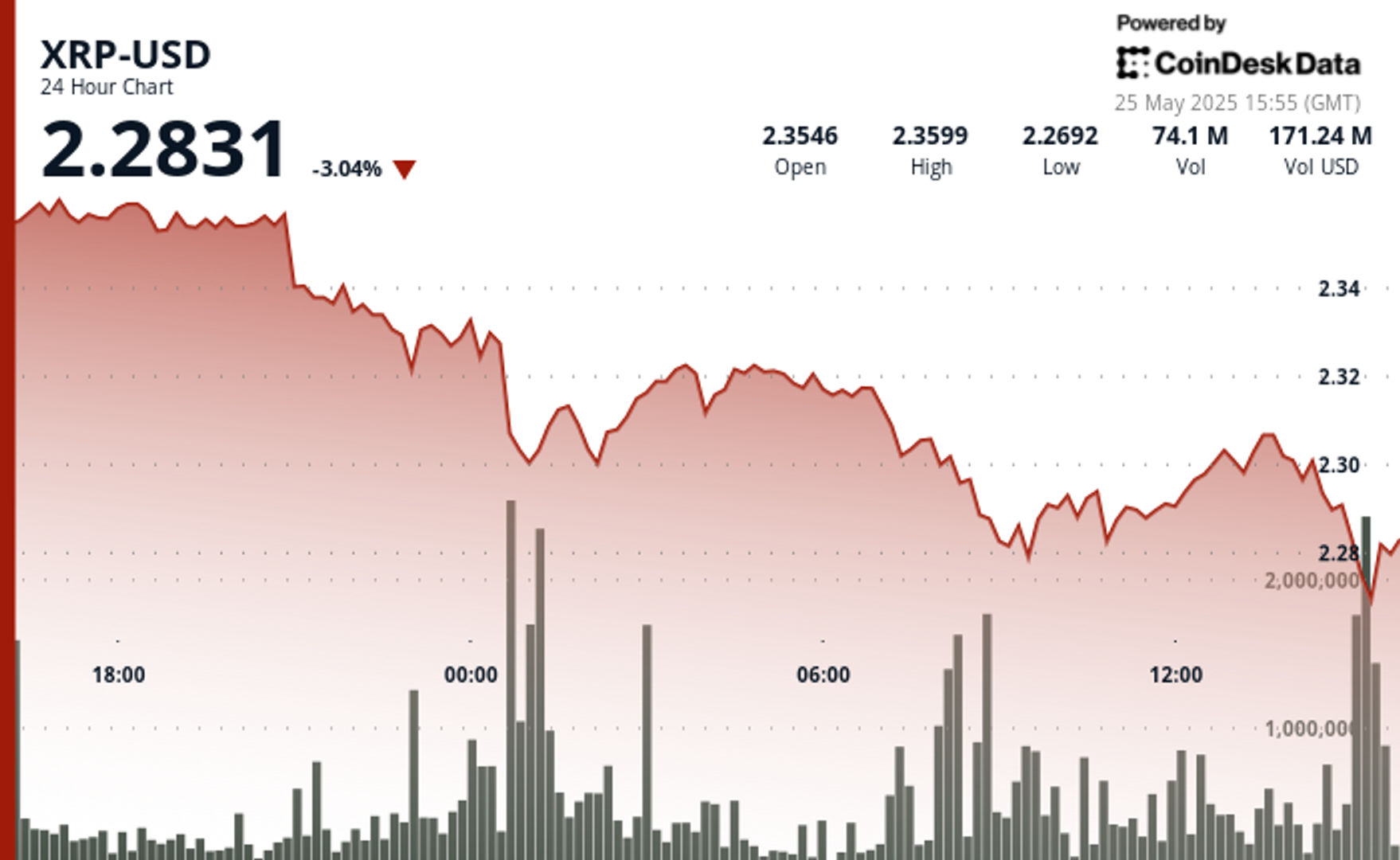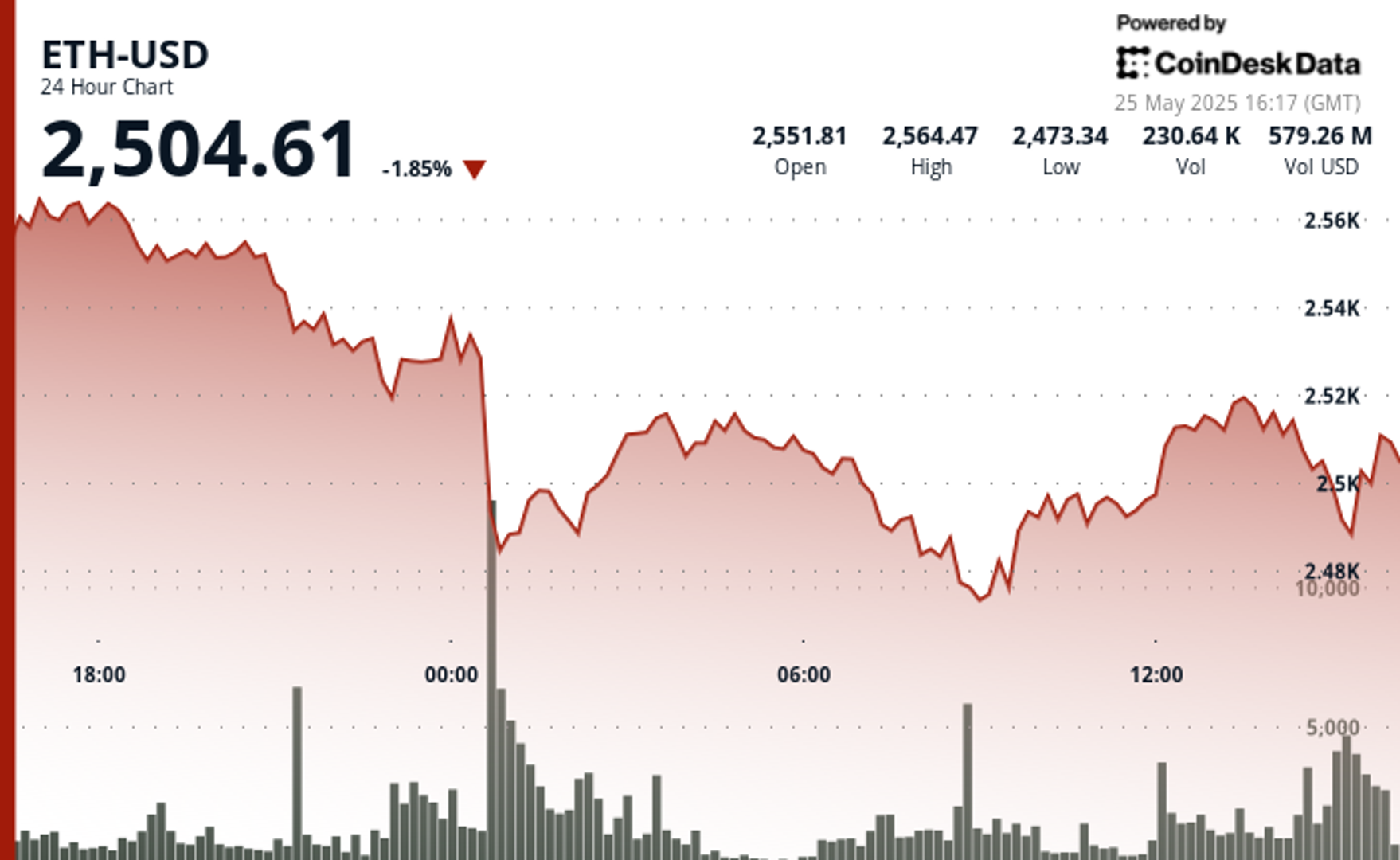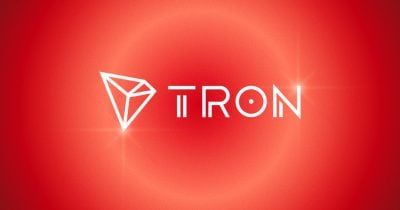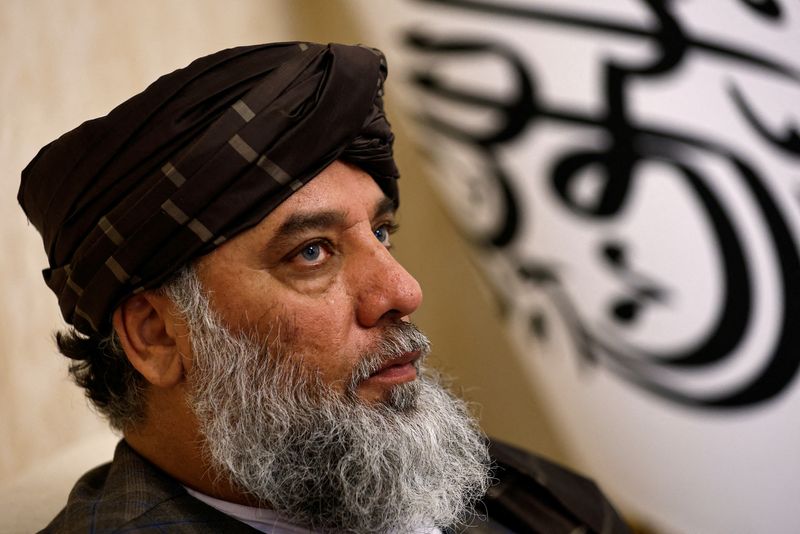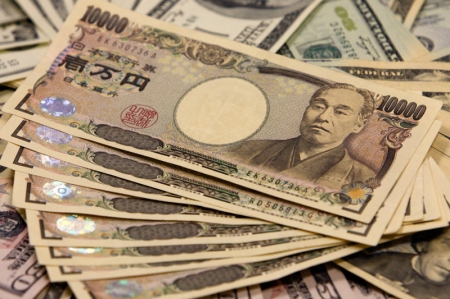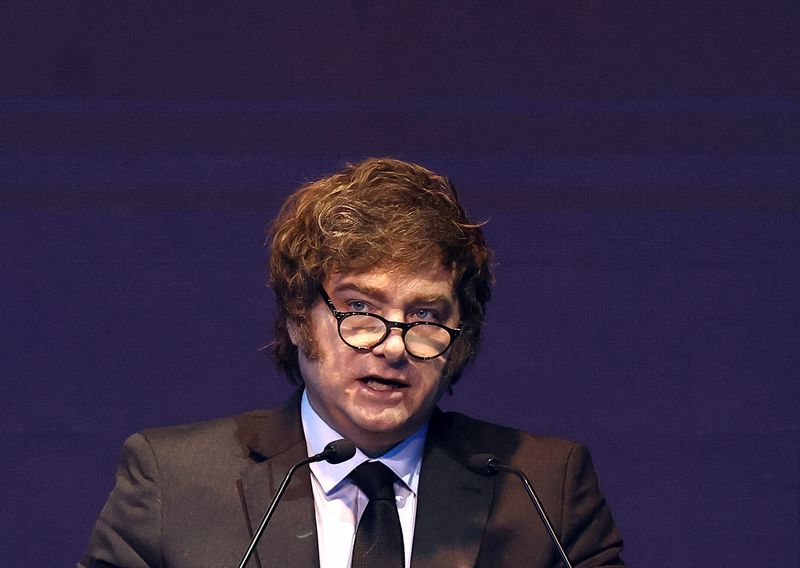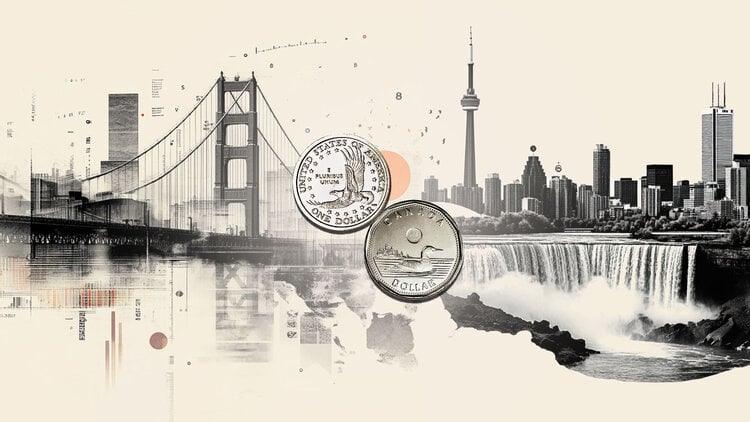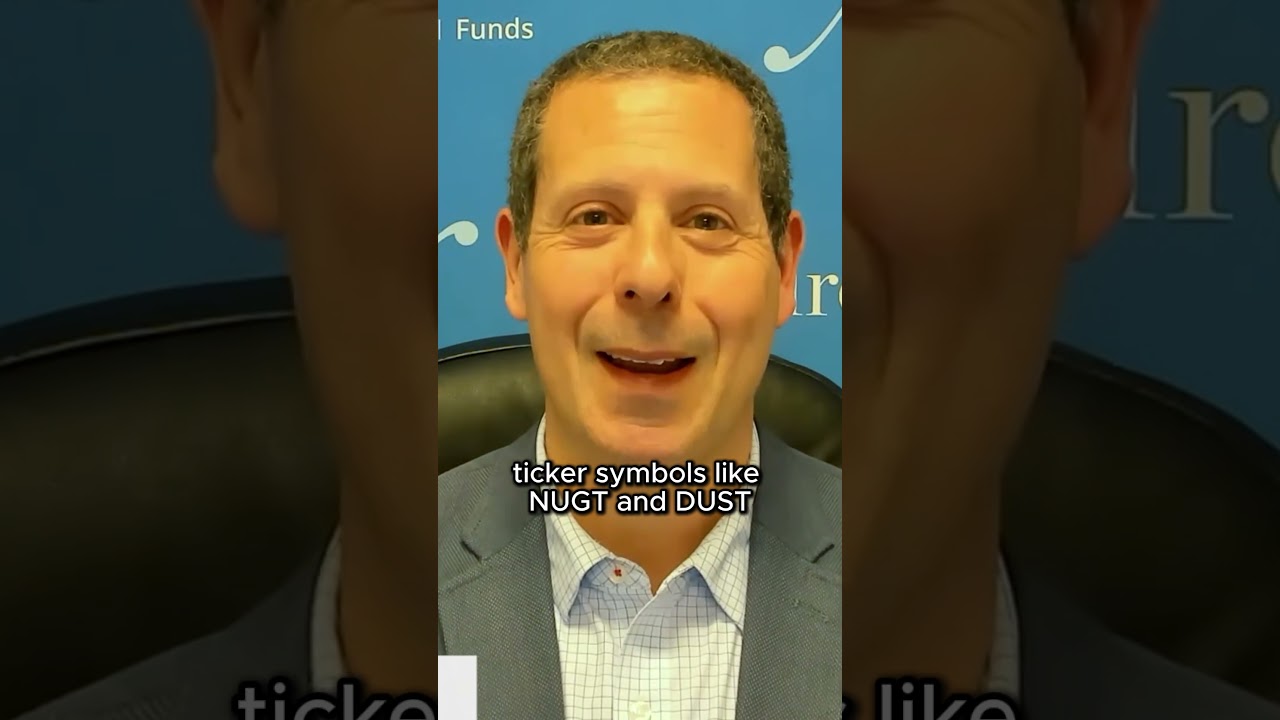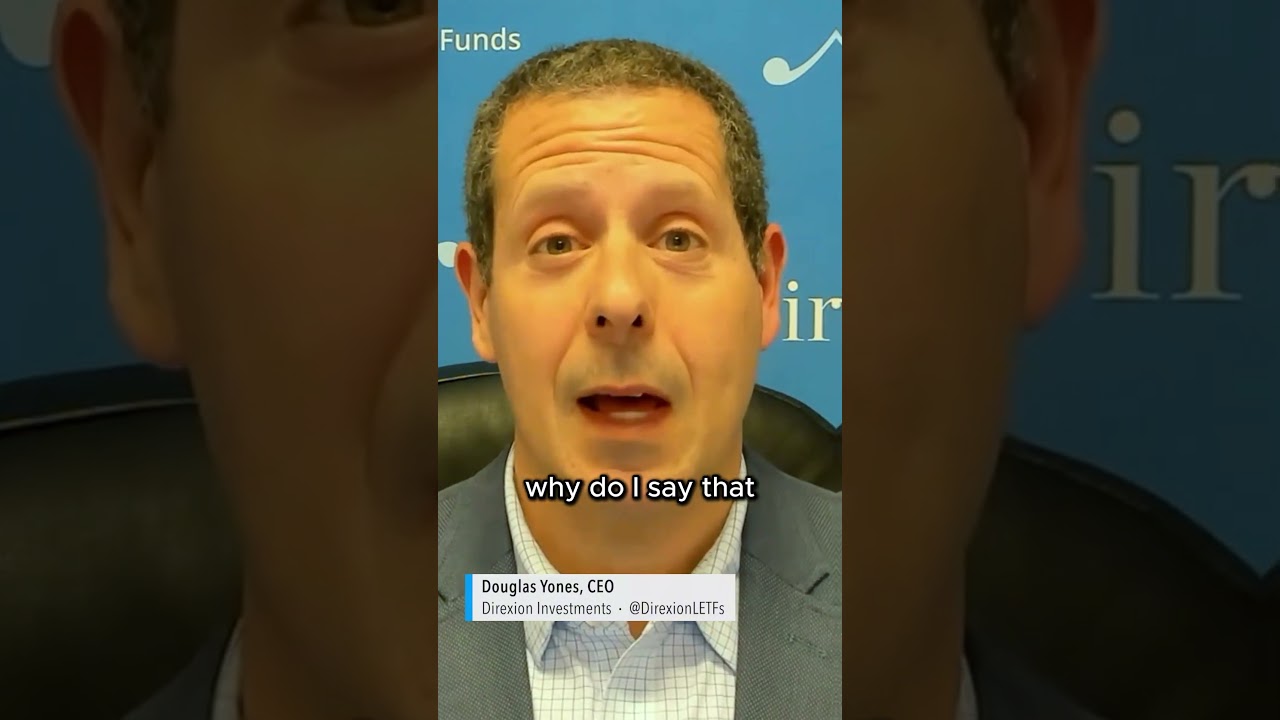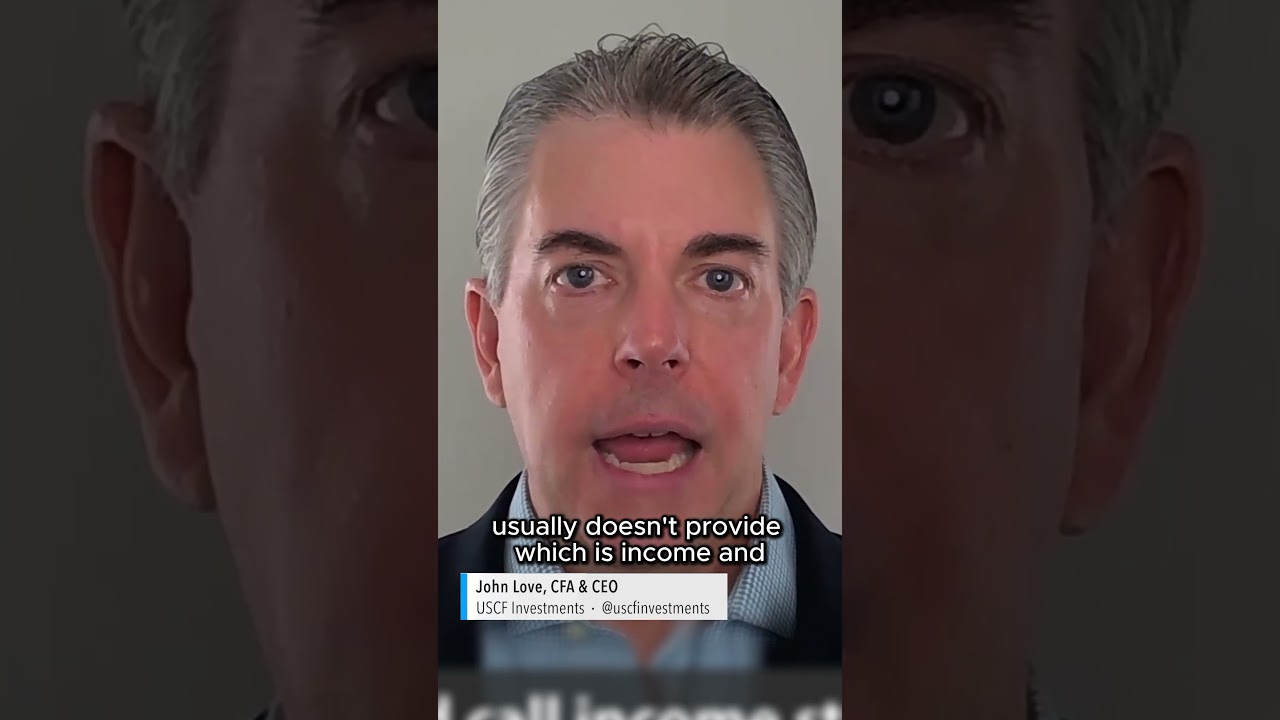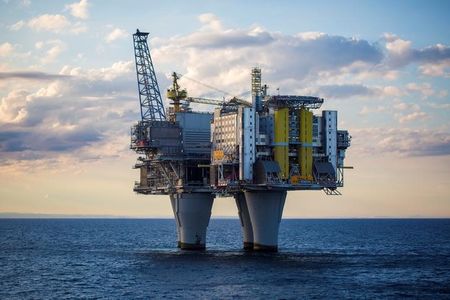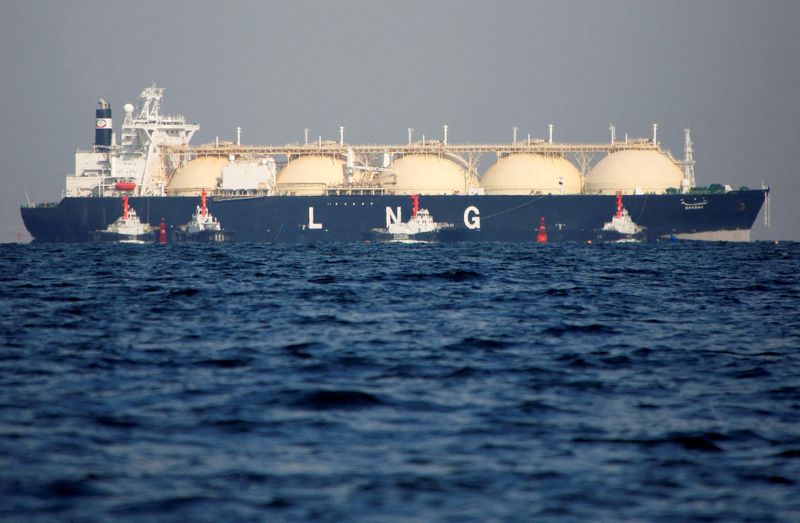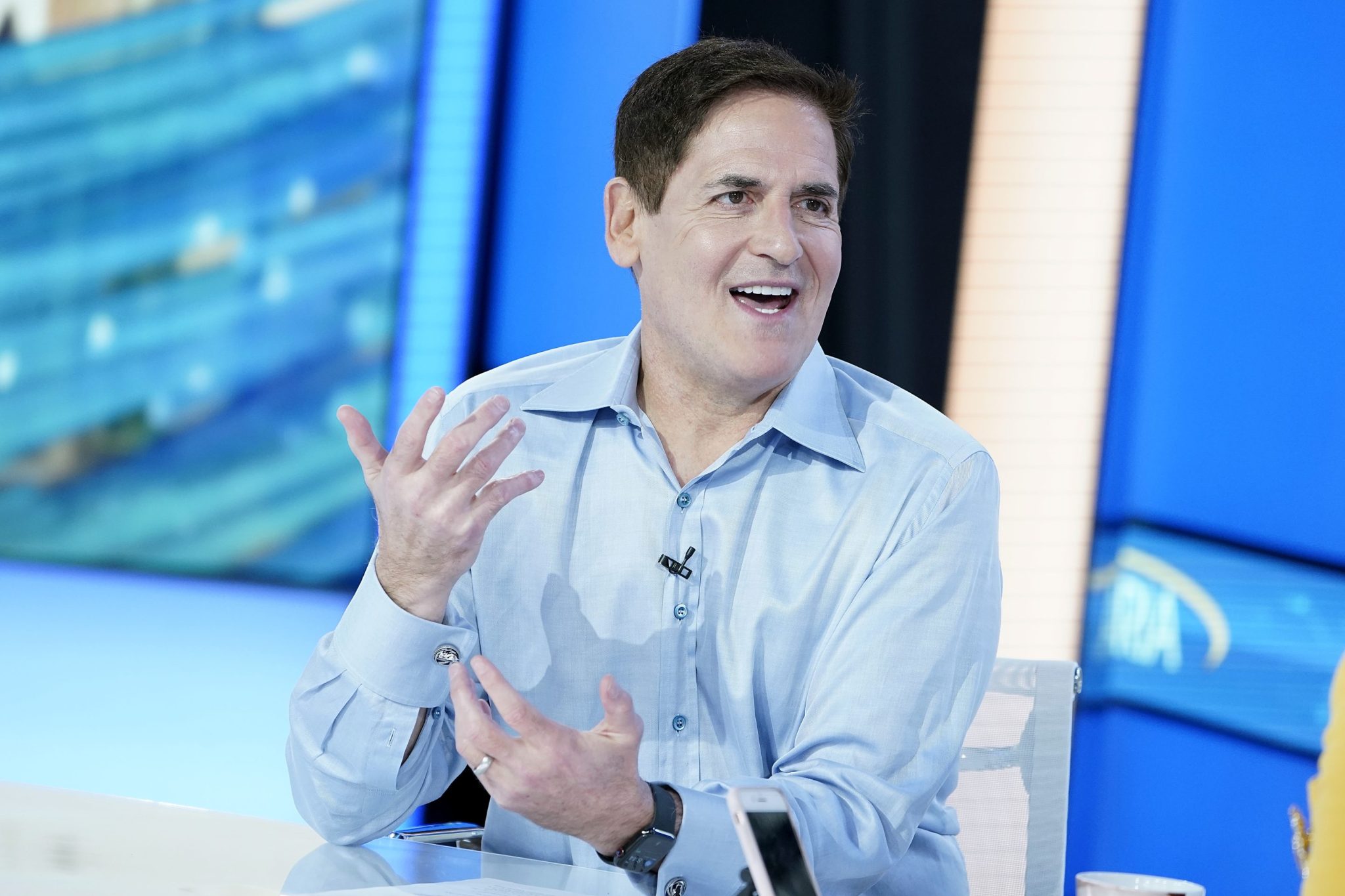Singapore’s ComfortDelGro will bid for Melbourne’s rail line as it takes its public transport model global
“Ten to 14 years ago we were not even in the position to bid for this contract,” ComforDelGro CEO Cheng Siak Kian said in an interview with Fortune.
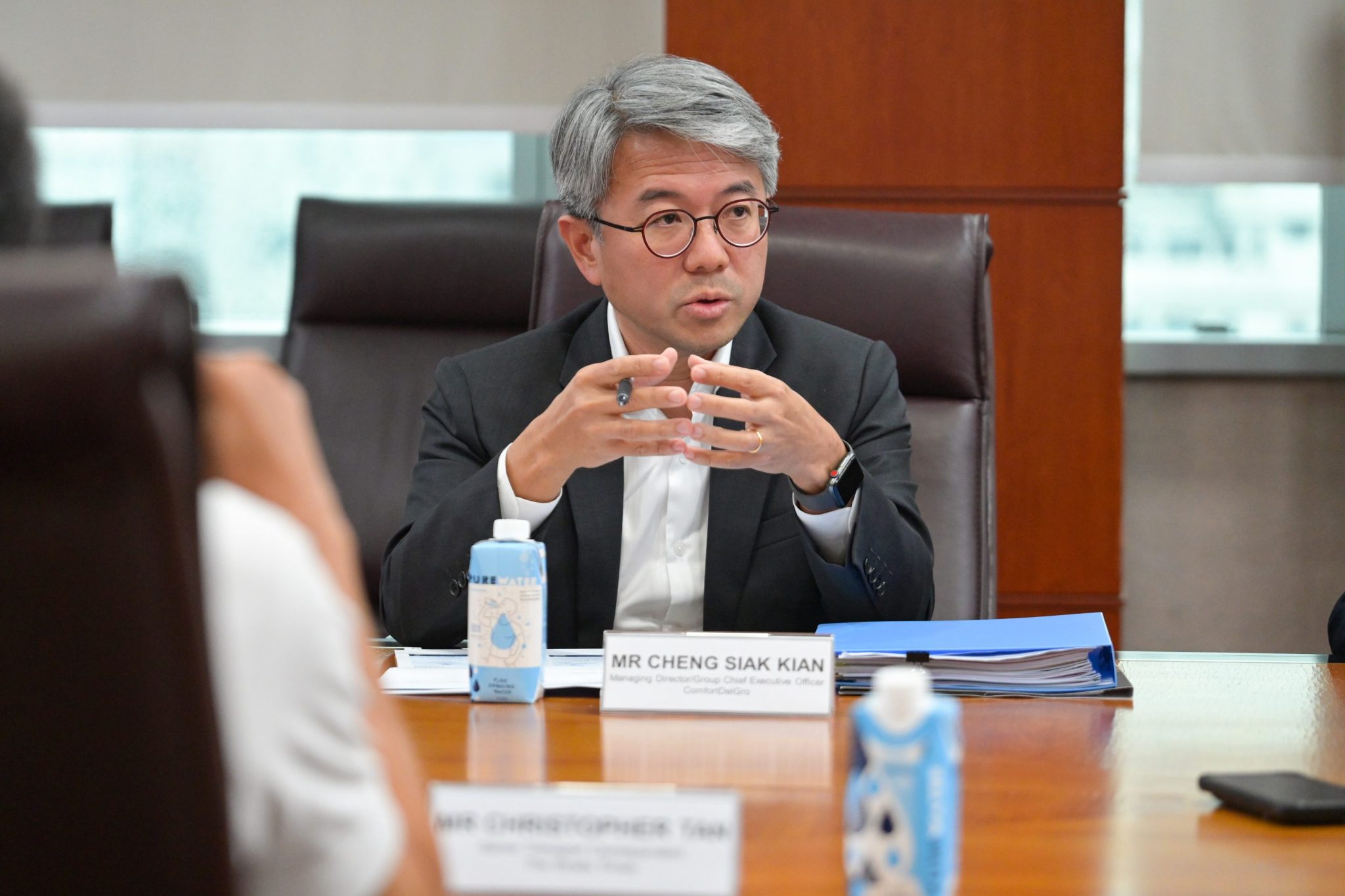
ComfortDelGro, which operates Singapore’s Northeast and Downtown lines, is partnering with East Japan Railway Company (JR East) and UGL to form the Melbourne One Rail Consortium to bid for the Melbourne Metropolitan train network sometime next year, when regulators open the tender.
“The bidding team marries world-class Japanese and Singaporean customer service and efficiencies with UGL’s local asset management and operational expertise,” the consortium said in a statement.
The group is backed by the Japanese general trading and investment conglomerate, Marubeni Corporation.
The line’s current operator is Hong Kong’s MTR, working with John Holland Group and UGL, in a contract that expires in 2027.
Melbourne’s metropolitan network has 17 lines covering 402 kilometers and 222 stations and is Australia’s largest suburban rail network. It generates about 2 billion Singapore dollars ($1.54 billion) in annual revenue, ComfortDelGro CEO Cheng Siak Kian estimated in an interview with Fortune. ComfortDelGro’s share of that revenue will depend on the joint venture contract, but it would still be a significant boost to the company’s finances.
The company reported revenue of 1.17 billion Singapore dollars ($903 million) for the quarter ending March, with 52.6% of that revenue coming from outside of Singapore. Australia revenue reached 203 million Singapore dollars ($156 million).
If ComfortDelGro’s bid is successful, it’d be the second rail network taken from its Hong Kong competitor. Last year, ComfortDelGro won the bid to operate Stockholm’s metro from MTR, which had run the Swedish city’s trains since 2009. (MTR also recently lost a contract to operate London’s Elizabeth Line to Tokyo Metro).
Cheng chalked up the company’s wins against MTR to fortunate timing. Rail contracts normally span at least seven years, and Cheng said ComfortDelGro now has enough rail experience to make big global bids right as contracts are starting to expire.
MTR has operated Melbourne’s line for over 10 years, and Stockholm’s for over 14 years by the time ComfortDelGro takes over at the end of the year.
“Ten to 14 years ago we were not even in the position to bid for this contract,” Cheng said. “It’s just an evolution of time where you gain expertise, and then you work with the right partners to be able to pay for those contracts.”
ComfortDelGro’s expertise
ComfortDelGro’s expertise is in reliably operating driverless metro trains. The company’s two lines, the Northeast line and the Downtown line are the city’s most reliable, with the highest Mean Kilometers Between Failure (MBKF) among the five lines where data exists. (Singapore’s most recent line, the Thomson-East Coast line operated by SMRT, is still too new to have reliability data)
Cheng credited high expectations by Singapore’s consumers for forcing the company to constantly improve its reliability.
ComfortDelGro does not own the real estate in or around its stations, a significant source of revenue for other rail operators like MTR or JR East. Instead, ComfortDelGro generates revenue from activities like passenger fares, meaning the company must ensure breakdowns are rare to preserve its thin margins.
“We are very focused on operating the system well, and that’s where it gives us the advantage,” Cheng said.
The global play
The Melbourne bid is part of ComfortDelGro’s strategy to leverage its experience in three different kinds of public transport.
In addition to its Australian operations, ComfortDelGro also operates bus and taxi services in the UK, as well as taxis and private-hire cars in mainland China. It will also operate rail services in Paris later this year.

Cheng hoped ComfortDelGro’s broad experience will help the company keep bidding to expand its presence in its existing markets.
“The advantage of growing in that manner is a lot of familiarity, both with regulators and the brand name, so that’s what we will try to do,” he said.
If ComfortDelGro’s Melbourne bid is successful, the company will finally operate rail, bus, and taxi services in Australia, allowing it to replicate the multi-modal model it has in Singapore.
Cheng wants to recreate this model beyond Singapore and Australia. “Where it’s suitable, where it’s viable, we will do so,” he said.
ComfortDelGro will likely look to expand its presence in existing markets first, or in adjacent markets. “We are quite deliberate about where we are expanding to. We need to understand the revenue model, the regulatory environment, and what is the rule of law,” Cheng said.
But that won’t stop the company from “going to cities where we don’t have a presence yet,” he adds.
This story was originally featured on Fortune.com





